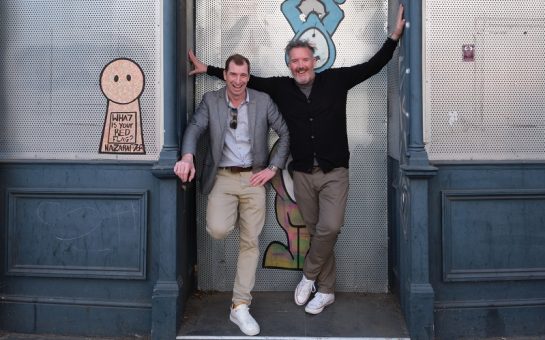Concern is also growing over increasing late diagnoses.

LONDON’S HIV infection rates have risen for the first time year-on-year in a decade. Being diagnosed is no longer a death sentence, yet a dangerous trend is emerging: 1 in 5 Londoners with HIV are unaware of their condition.
Richmond has enjoyed some of the capital’s lowest HIV rates for years. Now, it’s classed as ‘high prevalence’ 30 years on from the virus’ discovery – is enough being done to battle HIV in the borough?
Healthworkers are feeling the impact of a 99% increase in those seeking treatment since 2004.
“We’ve been under-resourced and it’s been very difficult,” says Simon Green, Lead Nurse for Sexual Health Services at The Wolverton Centre.
“You don’t want people to feel you’re too busy to see them. We hit our targets because we work very hard.”
Increasing ‘late’ HIV diagnoses, where patients’ immune systems are so ravaged they are 11 time more likely to die within a year, have become a pressing concern in Richmond. The council – responsible for public health since last April – has taken notice.
Opt-out HIV tests are now offered at GP surgeries and NHS units across the borough, with positive uptake figures.
Simon’s Wolverton team are exceeding their 95% target.
“There will be groups we’re missing, though,” he added.
At risk groups –men who have sex with men (MSM), and black Africans – could suffer through a lack of direct targeting.
Karen Skipper, Chief Executive of West London Gay Men’s Project, isn’t sure whether Richmond is doing enough.
“In terms of prevention services, we’re the only body acting on the ground for MSM in Richmond. We do that with no funding from Richmond itself,” she explained.
“An NHS response isn’t enough. That’s not going to work for MSM many don’t feel comfortable disclosing their sexuality to GPs.”
Charity METRO highlights a similar disconnect in African communities it works with as well as a lack of awareness about HIV risks.
Both organisations want targeted outreach supported by the borough.
“When you’ve reached high prevalence level, like in Richmond, you’ve got to look at alternatives,” says Karen.
“One size doesn’t fit all.”
The council’s responsibility for public health presents a new challenge, too.
“Richmond’s a pretty conservative area and issues around gay men’s sexual health are still controversial for some,” Karen explained.
The National Aids Trust has called on upcoming local election candidates to support HIV prevention, but HIV fails to feature in detail in any of Richmond’s party manifestos.Why the silence?
For retiring Conservative councillor, Katherine Harborne, it’s about the bigger picture.
“Sometimes it is best to sort things out behind the scenes. Tackling AIDS needs cross-party support. Some things are too important to become political issues. You need people to just get on and sort it,” she said.
Follow us @SW_Londoner




